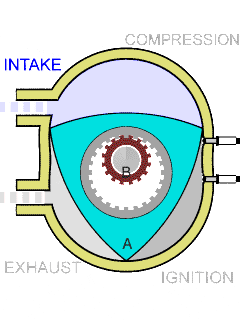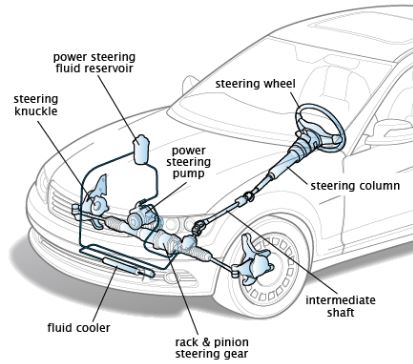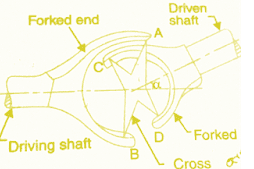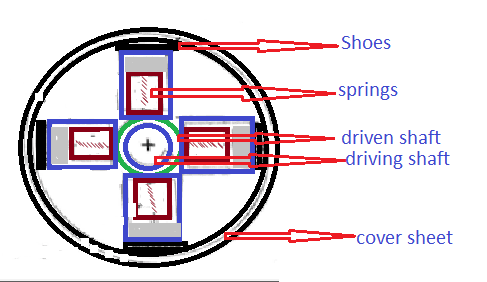Wankel Engine – Advantages and Disadvantages
What is Wankel Engine?
Wankel Engine is a type of internal combustion engine with an eccentric rotary design. the camshafts, placed around the rotor, are geared to turn at half the speed of the crankshaft. The engines are most commonly used in automobiles and motorcycles but have also been used in aircraft, stationary power generators, and marine propulsion applications.
Wankel Engines have an inherent problem called “coking”, which occurs when carbon deposits build up on the valves causing them to stick closed or not move properly.
Advantages of Wankel Engine?
- The Wankel engine has a higher power-to-weight ratio.
- No reciprocating parts, resulting in less vibration and noise
- More compact design than piston engines
- Quieter operation than piston engines.
- They are very compact – the engine is about one-third the size of a piston engine of equivalent power.
- They are smooth running – because there is no reciprocating motion, there is no vibration.
- They are fuel-efficient – the combustion process is more efficient than in a piston engine.
- They are low emission – due to their high combustion efficiency, Wankel engines produce much lower emissions than piston engines.
- They are relatively quiet – again, because there is no reciprocating motion, they are much quieter than piston engines.
- They have a long life – a well-maintained Wankel engine.
- It is relatively lightweight.
- It is cheaper to manufacture than a piston engine.
Wankel Engine via GIPHY
Disadvantages of Wankel Engine?
- Less efficient than piston engines (though more efficient than turbines)
- Gasoline octane requirements are higher than for piston engines, due to the high compression ratios required for rotary engines
- Susceptible to “knocking” or “pinging” if not using premium gasoline.
- It has a lower fuel efficiency than a piston engine.
- It produces more emissions than a piston engine.
- It is less reliable than a piston engine.
- They generate more heat, and they require more expensive materials. As a result, Wankel engines are not as common as piston engines.



